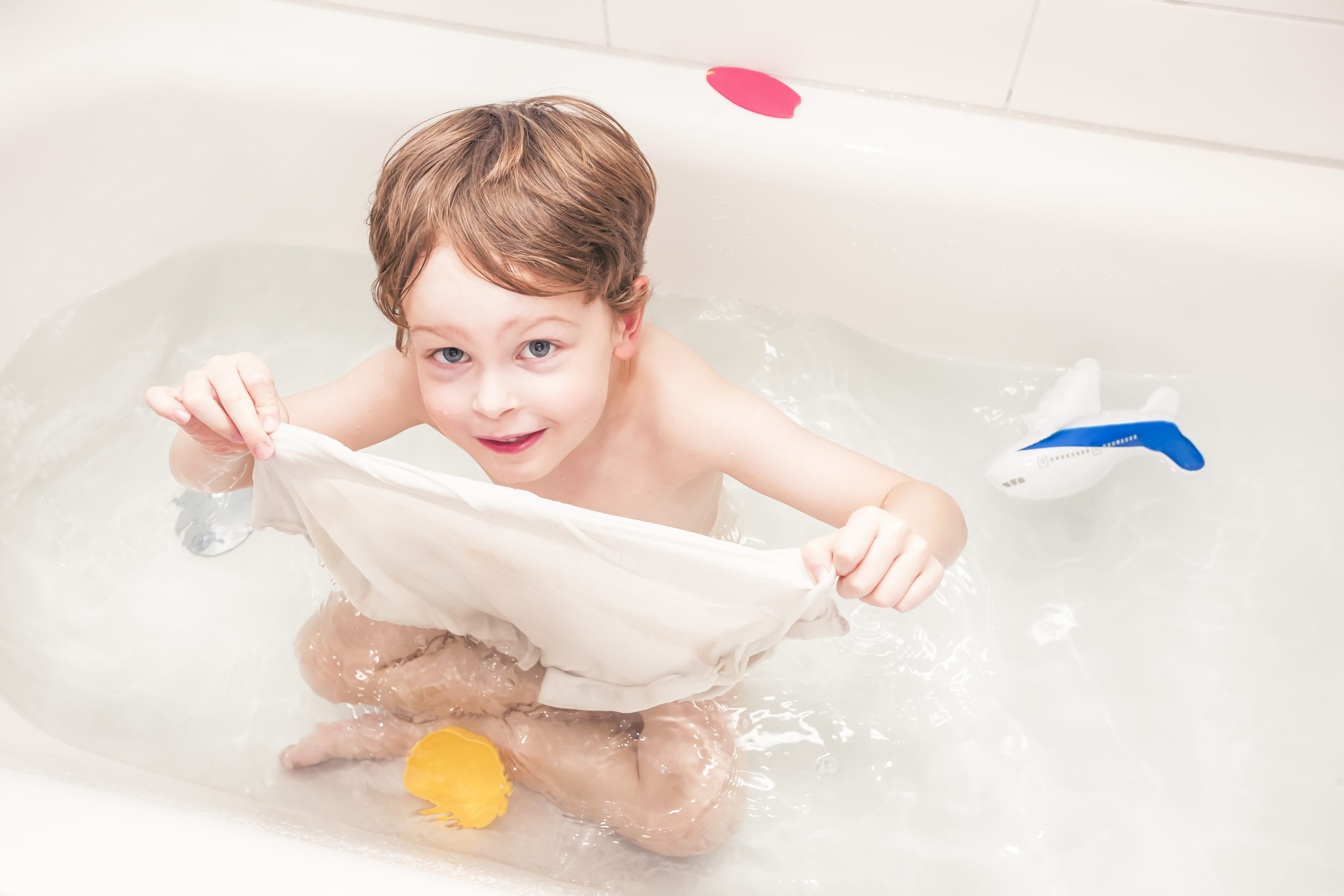There are alternatives to foreskin surgery or circumcision. Here’s one parent’s account of how they avoided it.
It was agony. I hugged my six-year-old son as he cried in pain, peeing into the toilet.
There seemed to be little I could do to help other than giving him Tylenol or Motrin, which offered little relief. Over the last 24 hours, our little guy had started dreading the moment he needed to pee. He put it off until he couldn’t hold it in any longer. He would begin a little routine – running back and forth and then frantically in circles – trying to delay the inevitable as much as possible. It hurt to watch him.
We had been to see our family physician, and the results of his urine test had come back normal – he did not have a urinary tract infection, which was our first guess.
Our family doctor then examined my son’s penis. “I see what the problem is,” he said. “Your little boy’s foreskin appears to be tightly fused to the head of his penis, phimosis. It should have separated by now. This looks unusual for his age – you should have had him circumcised a while ago”. This came as a shock. We had an older son and had never experienced anything like this before. Our doctor advised that our six-year-old might need foreskin surgery to remove the foreskin.
The diagnosis and the suggested treatment terrified me. Foreskin surgery for a six-year-old? I couldn’t wrap my head around it. And at the back of my head was the niggling thought – what if it was unnecessary? As my sons grew, I was in the habit of trawling the internet for information on their development and health. At one point, I found an article on how the penis changes as little boys grow. One thing I distinctly remember is that foreskin separation happened at different times for different boys. Even as late as 12 or 13 years of age for some – and there was nothing abnormal about it.
I decided to seek a second opinion from our former pediatrician, who I had moved away from because their practice was an hour away from our new home. However, with foreskin surgery looming over our heads, it was necessary to have a second opinion. We got an appointment on the same day. My thinking was perhaps our family physician dealt with adults more. Maybe the pediatrician saw more little boys, and what was unusual for our family physician may not be so unusual for a child specialist.
The pediatrician believed my son’s foreskin to be a little too tight around the head of the penis. Every time he peed, it would get stretched, causing pain. But to my relief, according to him, this situation did not warrant surgery. He recommended sitting my son in a warm bath (no soap) for long periods and told him to do an exercise to loosen skin repeatedly – gently stretch the foreskin backward and roll it forward again while sitting in the bath. He also recommended rubbing a hydrocortisone cream to loosen the skin. By the fourth day, our child was back to normal. In a follow-up visit, the pediatrician seemed confident that we would have no further problems with the foreskin separating naturally.
Anytime we fall sick, we hear w should not self-diagnose based on information from the internet. We hear we should consult a doctor. And I usually stick with this. However, I believe it is important for parents to gather information from reliable sources to make an informed decision.
After all, doctors, like us, are also human, and they do not know all.




